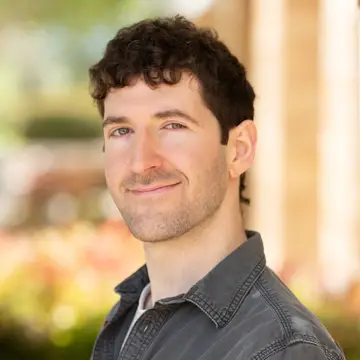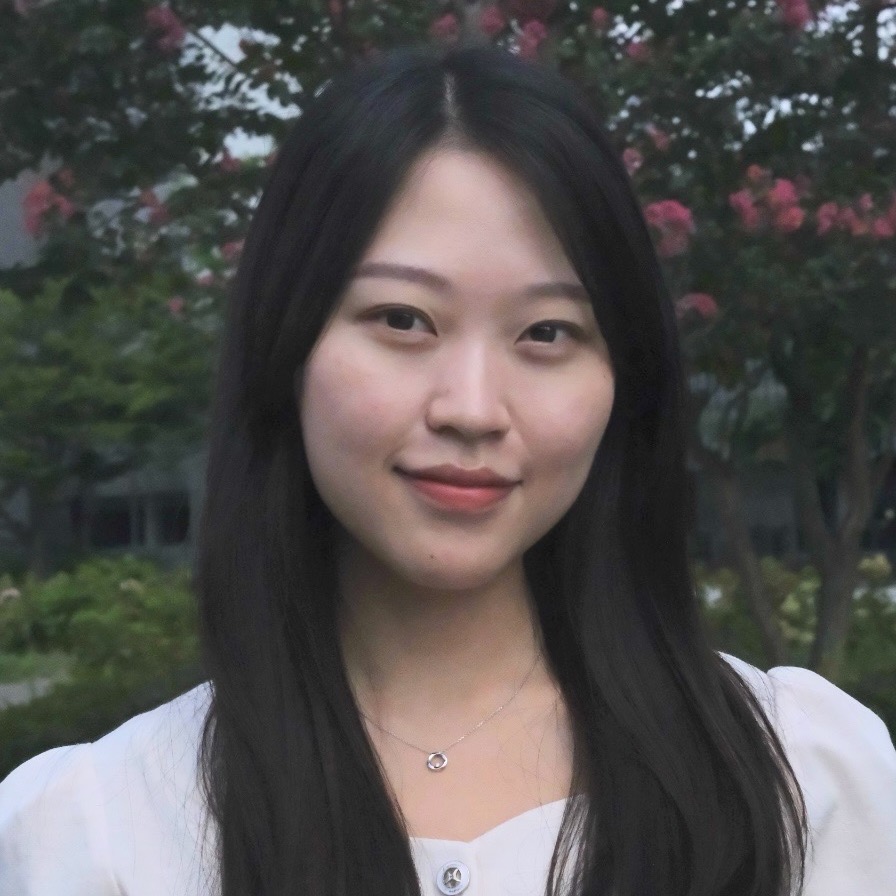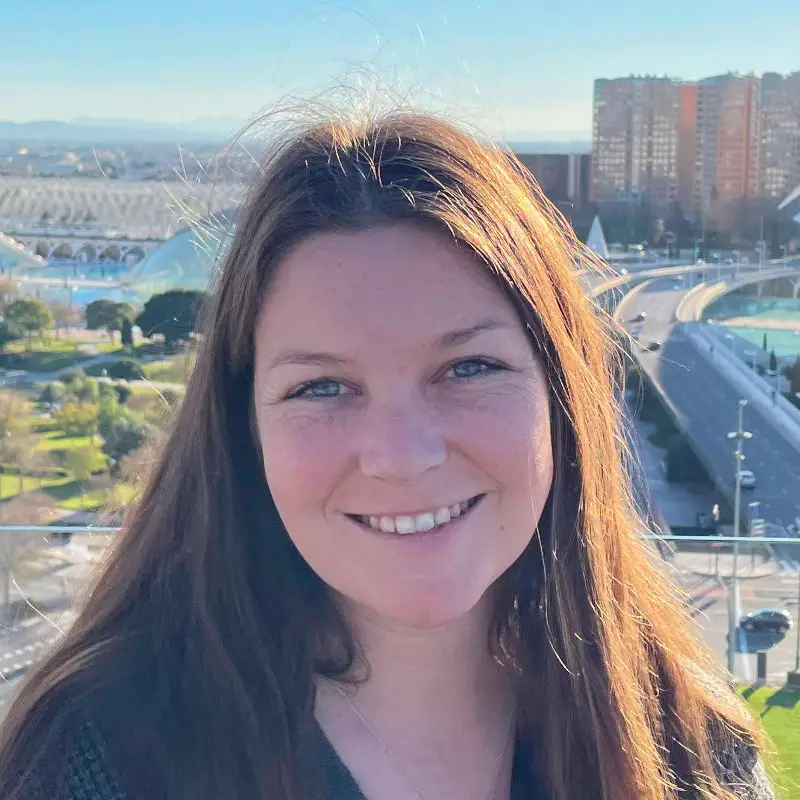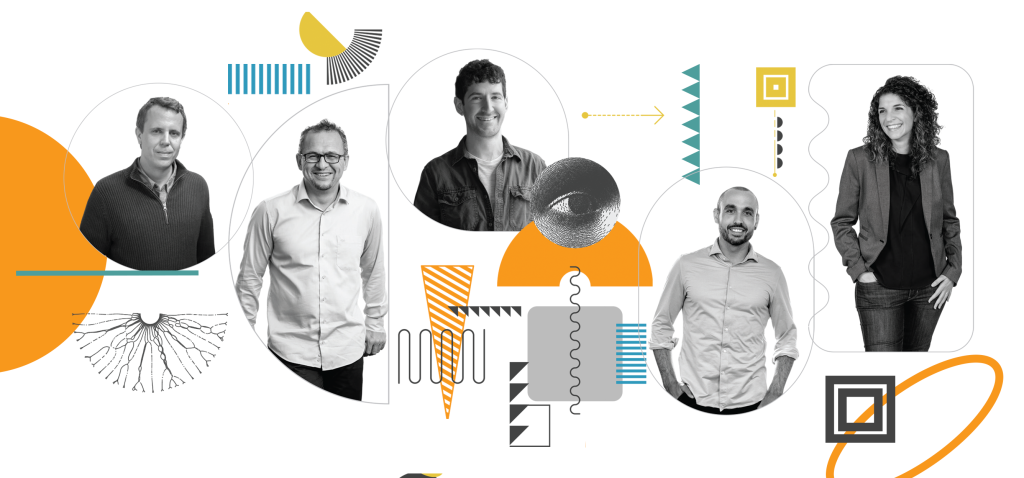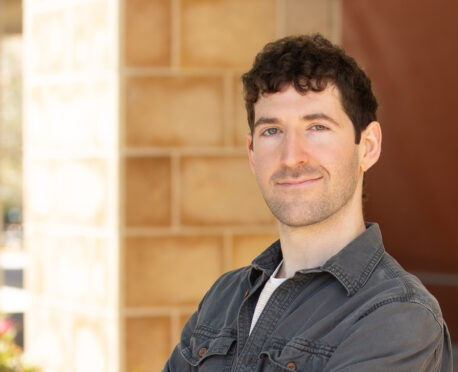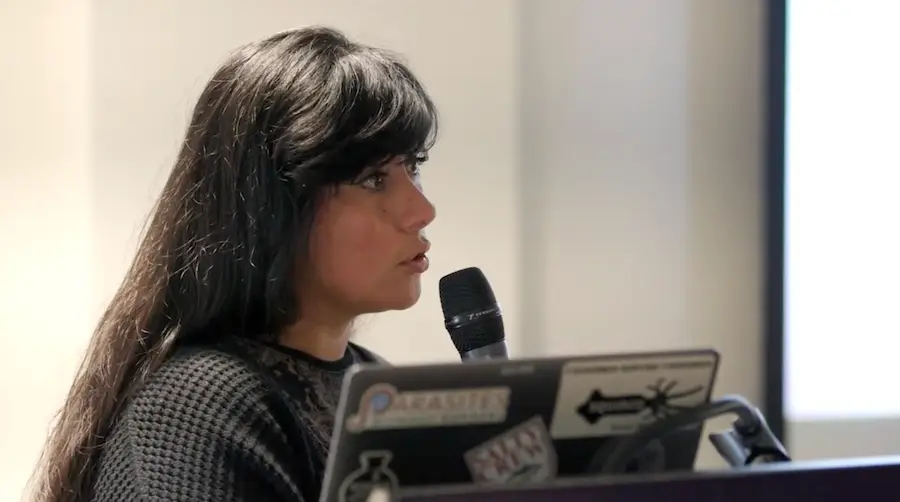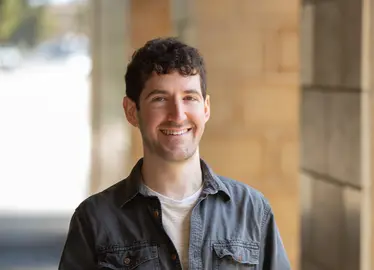After decades of influenza research, we still do not know why vaccines elicit a strong antibody response in some but a negligible response in others. Studies have been conducted in the young and the elderly, across continents, and in humans, mice, ferrets, and swine. They have investigated the effects of different viral strains, transmission methods, and dosing schemes. While these efforts have revealed many processes underlying adaptive immunity, we still lack the ability to predict each person’s response to different vaccine candidates.
The Einav lab leverages the wealth of available data to create a fundamentally new form of personalized medicine that uses your specific antibody profile to determine which vaccine strain would maximally augment your protection. We use these algorithms to explore the limits and tradeoffs of possible immune responses; for example, will a stronger response also be more durable, or is there a tug-of-war between these two traits?
We seek a deep understanding of immunity, and hence the primary tools of our trade include interpretable machine learning algorithms and biophysical models. Our definition of success is to determine actionable “laws of the immune system” that will help us design better vaccines.
One of the joys of being computational biologists is that we take inspiration from a specific system, but the results often apply much more widely. We leverage our expertise on influenza to not only analyze other viruses (HIV-1, SARS-CoV-2…), but to understand other systems where antibodies are the key drivers (food allergies, antivenom) or where the same types of computational approaches can help push the field forward (phage therapies, antibiotic resistance).
